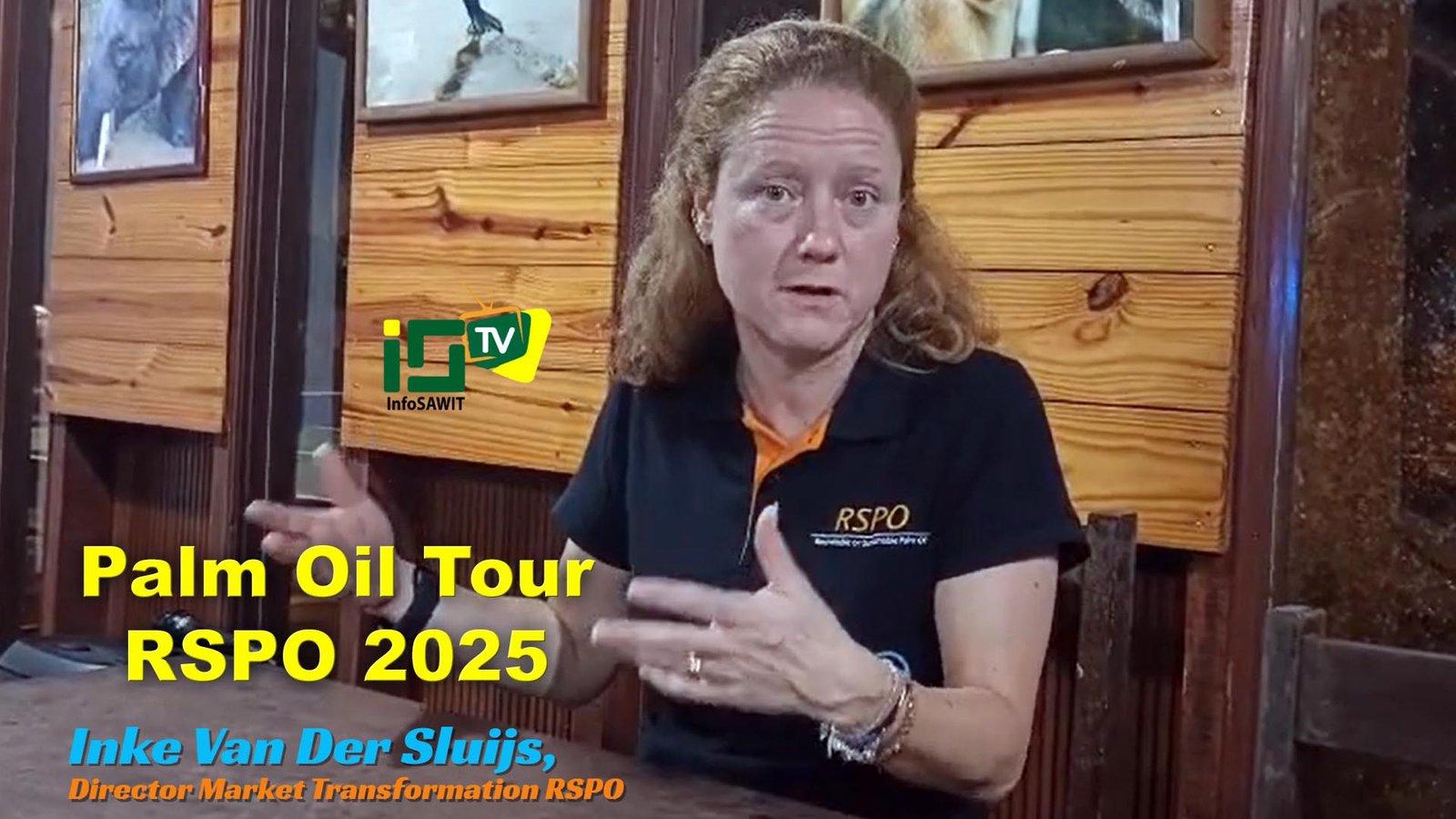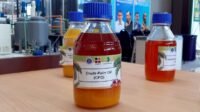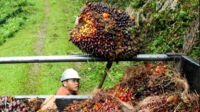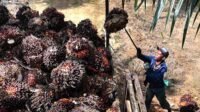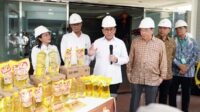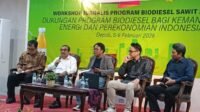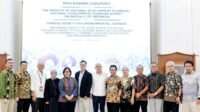PALMOILMAGAZINE, SABAH — Since its establishment in 2004, the Roundtable on Sustainable Palm Oil (RSPO) has played a pivotal role in transforming the global palm oil supply chain. Through strong multi-stakeholder collaboration, sustainable palm oil production is no longer dominated by large corporations—smallholders are now increasingly active in implementing responsible and sustainable practices.
According to RSPO statistics, over 85% of global palm oil production comes from Indonesia and Malaysia, much of which is used as a key ingredient in both food and non-food products—ranging from cooking oil and margarine to detergents, cosmetics, and environmentally friendly personal care items.
RSPO’s Director of Market Transformation, Inke Van Der Sluijs, emphasized that the success of sustainable palm oil depends on strong partnerships across sectors.
Also Read:
“The development of sustainable palm oil can only succeed through genuine multi-stakeholder collaboration,” Inke said during her opening remarks at the RSPO 2025 Palm Oil Tour in Sandakan, Sabah, Malaysia, held from November 6–8, 2025.
Inke highlighted that the inclusion of independent smallholders in sustainability schemes marks one of the most significant milestones in the transformation of the global palm oil market. However, she also warned that sustaining this progress requires consistent commitment from buyers—including industrial, manufacturing, and retail players—to continue purchasing and supporting certified sustainable palm oil.
“Independent smallholders need strong and continuous support to keep growing and thriving in the future,” she added.
Also Read: RSPO Launches Digital Transformation to Strengthen Global Palm Oil Sustainability
Held right after the RSPO Roundtable (RT2025) conference, the Palm Oil Tour aimed to deepen members’ understanding of field practices and inspire tangible action across the industry. The event also served as a collaborative platform for stakeholders to discuss strategies for strengthening sustainable supply chains at every level—from farmers to corporations and end consumers.
Through this initiative, RSPO reaffirmed the vital connection between producers and buyers in sustaining the global palm oil industry. Without steady market demand, Inke noted, the motivation for sustainability at the farmer level could wane.
“True sustainability is not only about how palm oil is produced, but also how the market responds responsibly,” Inke concluded. (P1)

